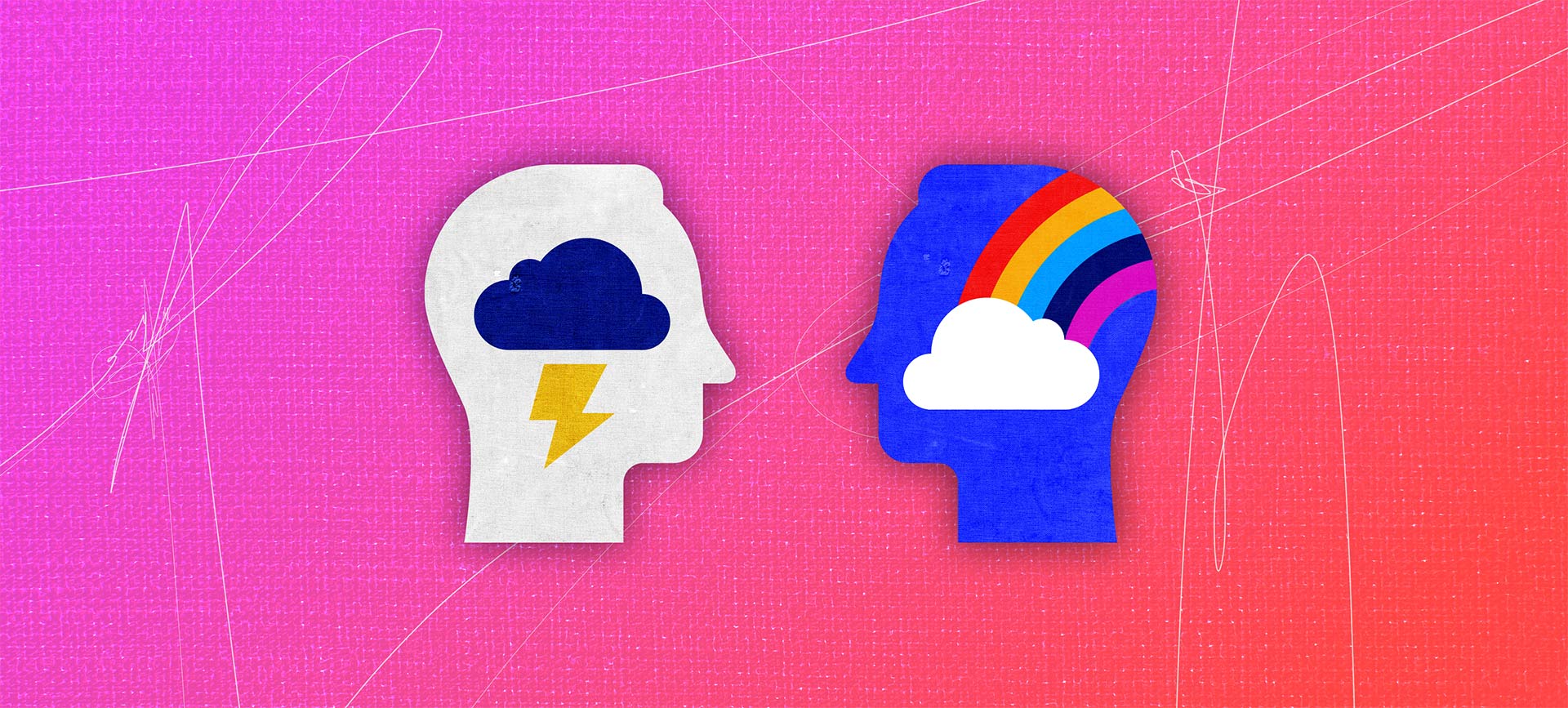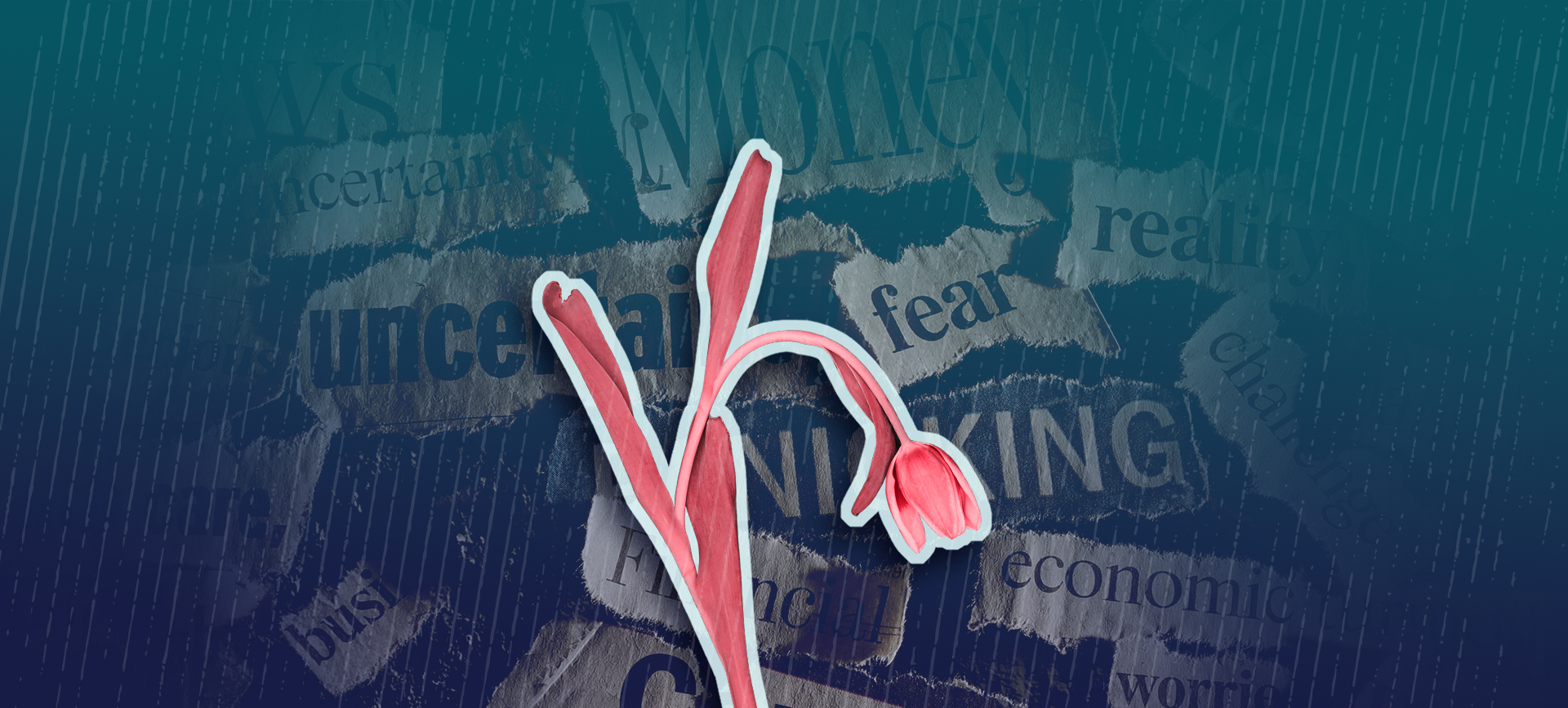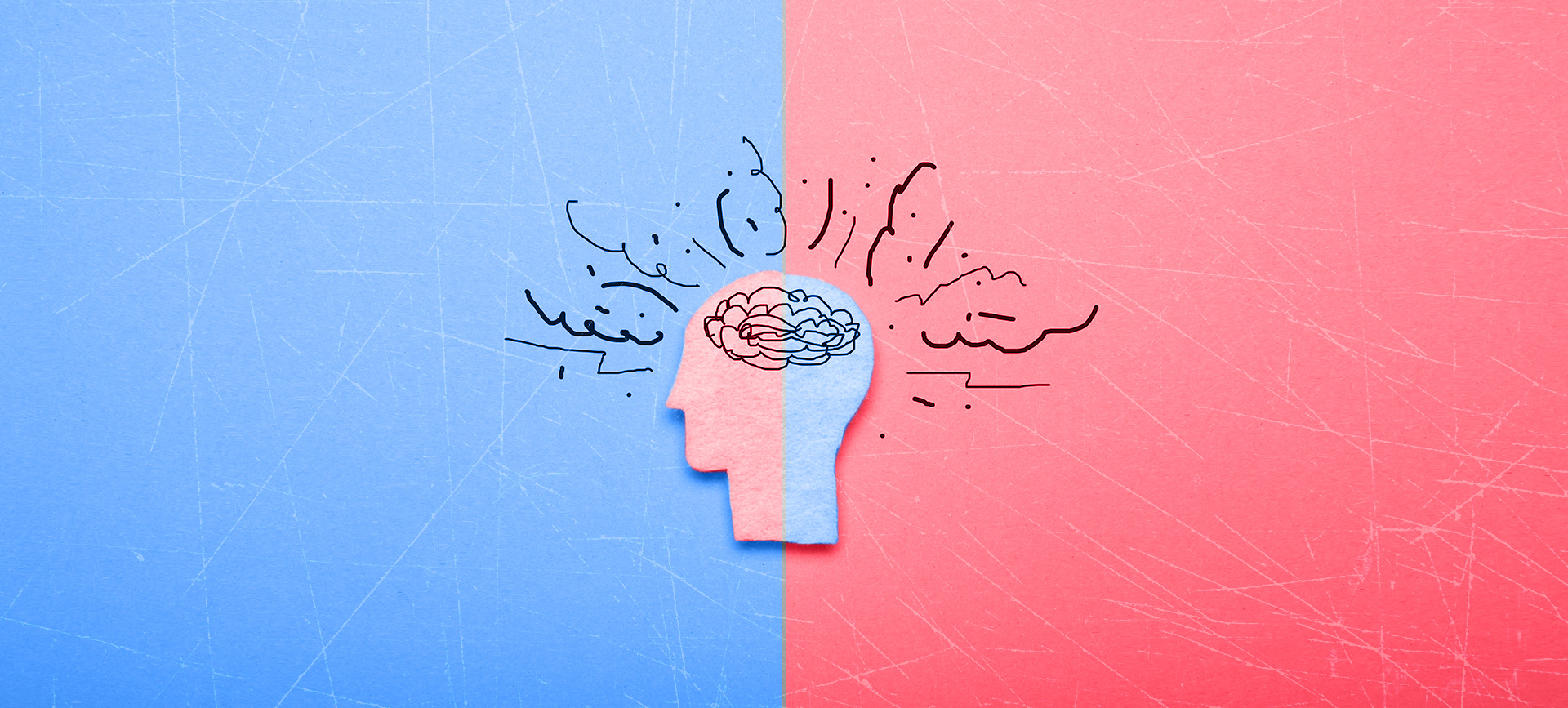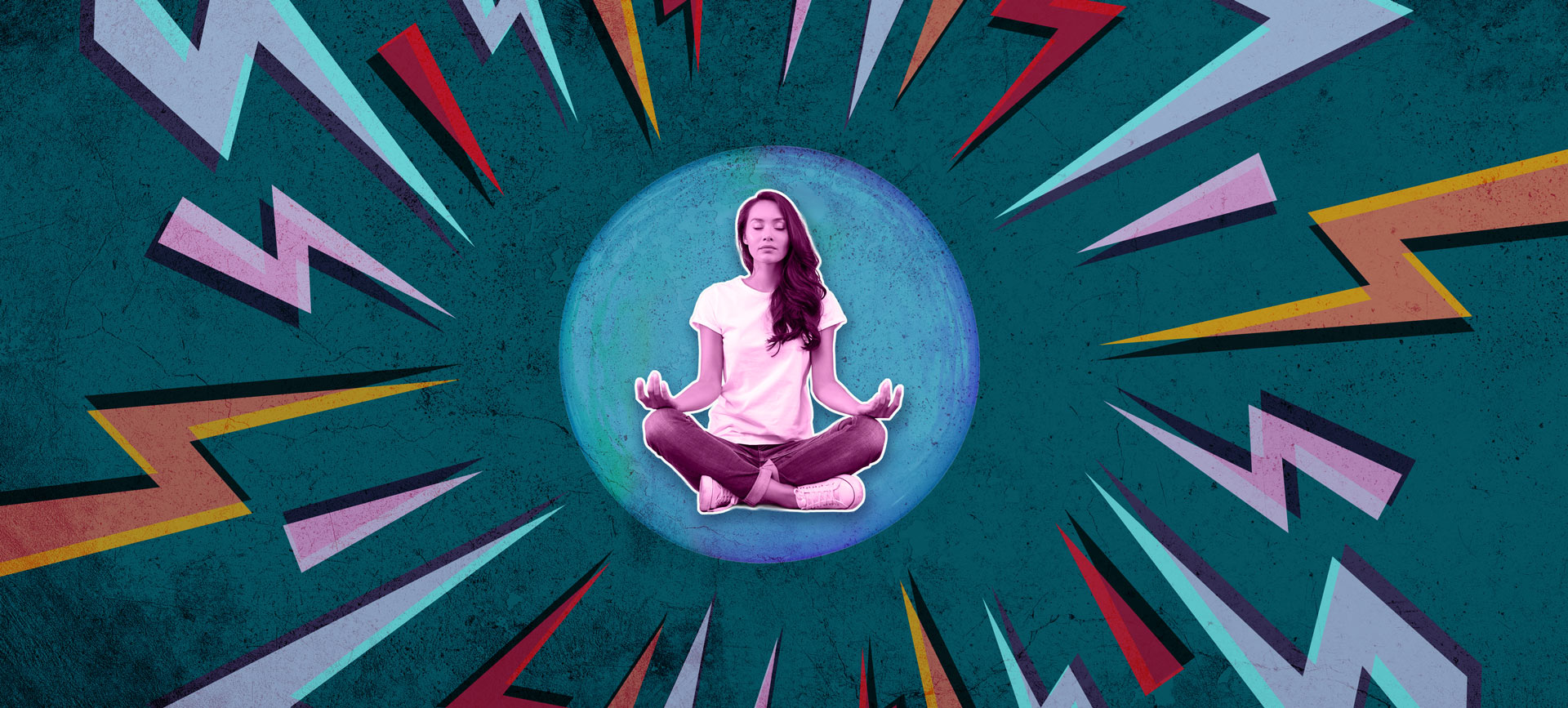Whether it's living through three years of a pandemic, fearfully watching the news on TV, thinking about how safe your kids are at school or the strain of your job finally getting you down, there's always a chance stress will creep up on you.
Now, a little bit of stress can be a good thing. Think of it as a natural warning that there's a possible threat, which allows you time to brace yourself. But when does a little stress turn into something more insidious? A feeling that could easily evolve into anxiety, depression or worse?
While stress can be difficult to deal with internally, your family can experience lingering effects, too. You may function well on stress, but it can be a fine line until your health and relationships begin to bear the burden.
In this series during the month of April, our journey will take us through the true definition of stress, the signs and symptoms to look out for, and some guidelines on when you might consider professional help. Throughout, we spoke to experts to find out how stress can affect our mental, physical and sexual health.
Some medicines and therapies can help, but there are also important personal lifestyle changes that may make a tremendous difference in how you handle stress.
With experienced advice from experts coupled with insights originating from scientific research, this guide will be a great starting point for anyone concerned about stress.










